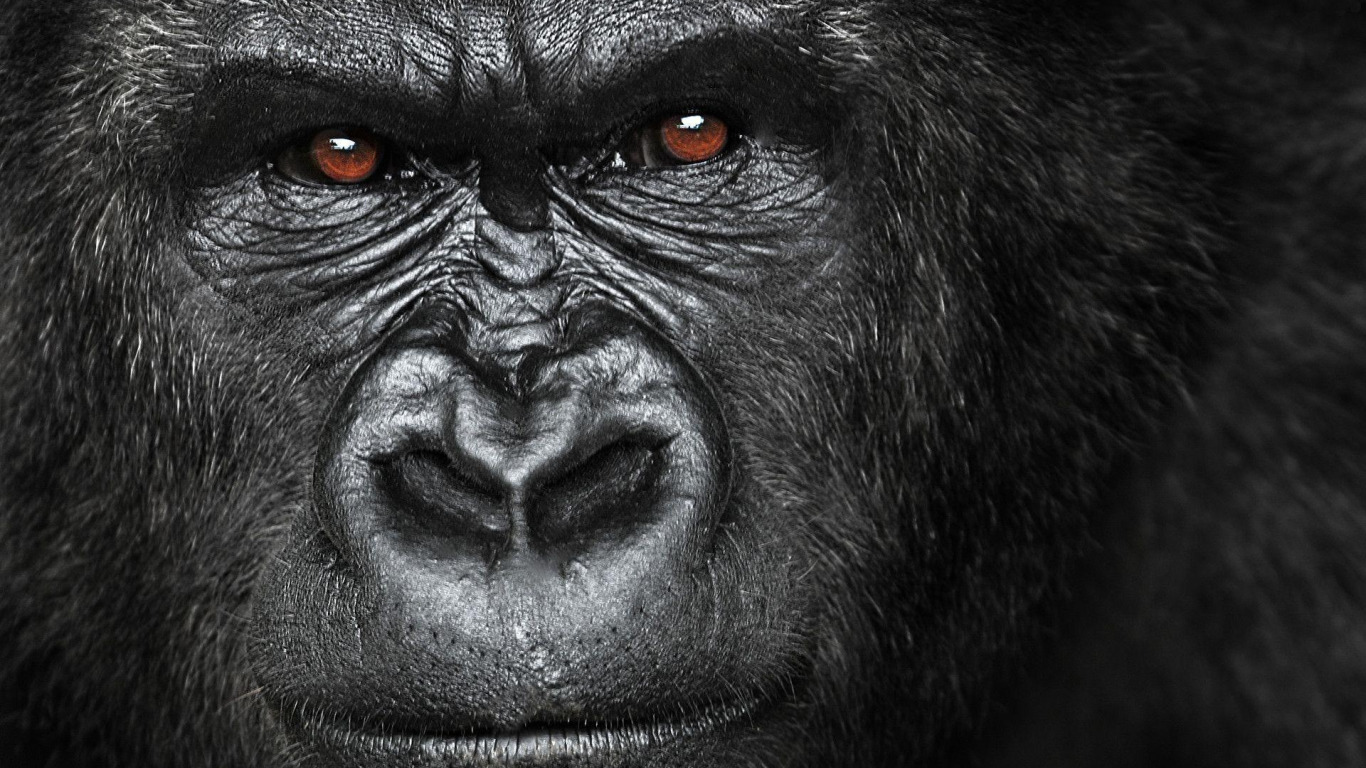News release
From:
Primate change - Global primary predictors of extinction risk in primates
We analyzed over 22,000 primate locations across four major regions (Neotropics, Mainland Africa, Madagascar, and Asia) to identify key factors influencing primate extinction risk. Using a novel spatio-phylogenetic Bayesian approach, we found that climate instability, forest loss, and body mass significantly impact primate extinction risk. For example, unstable precipitation increases extinction risk in the Neotropics but decreases it in Africa and Madagascar. Larger body mass and reduced forest cover are generally critical threats to primates. The study underscores the urgent need for climate change mitigation, forest conservation, and stronger protections for large primates to prevent species loss.



 International
International



